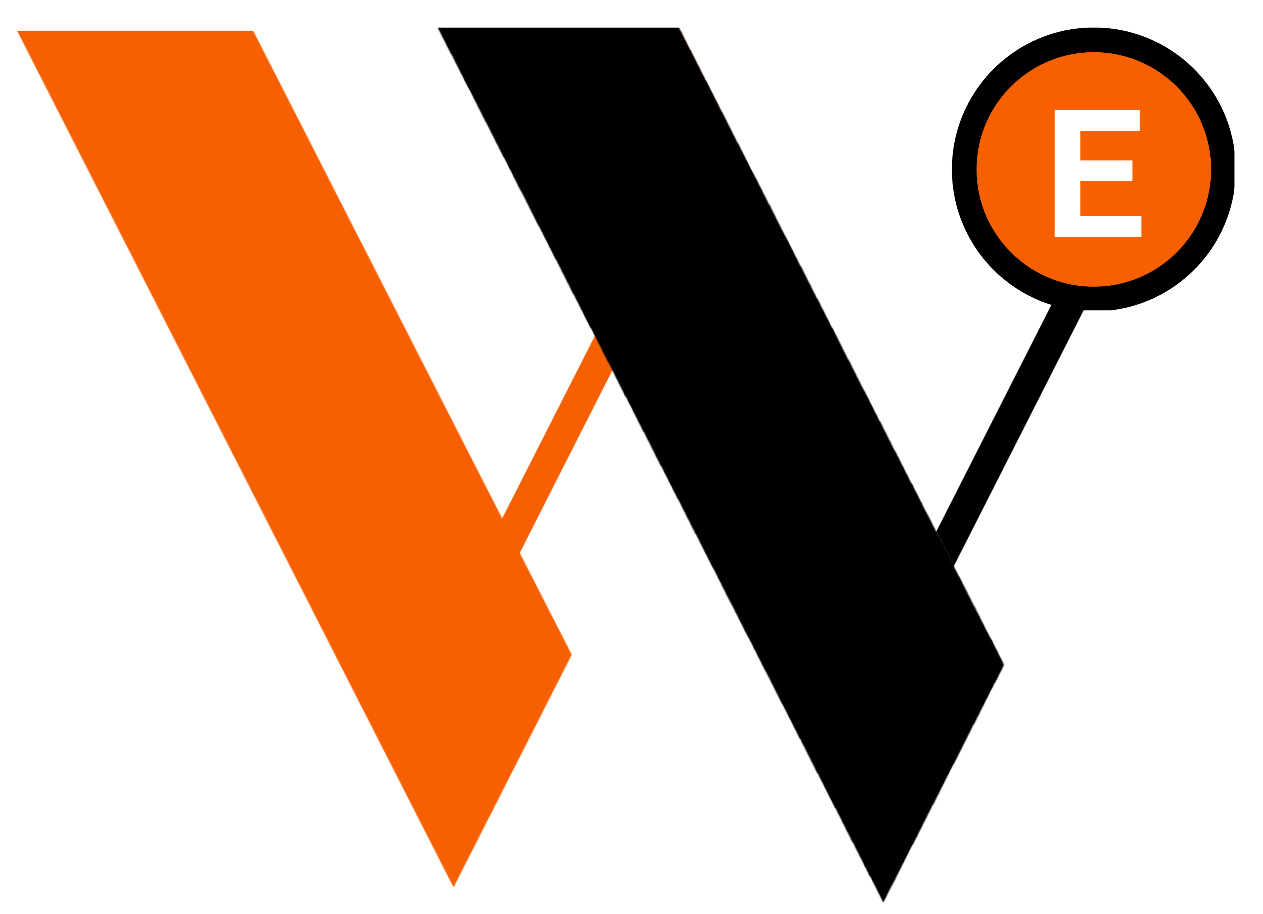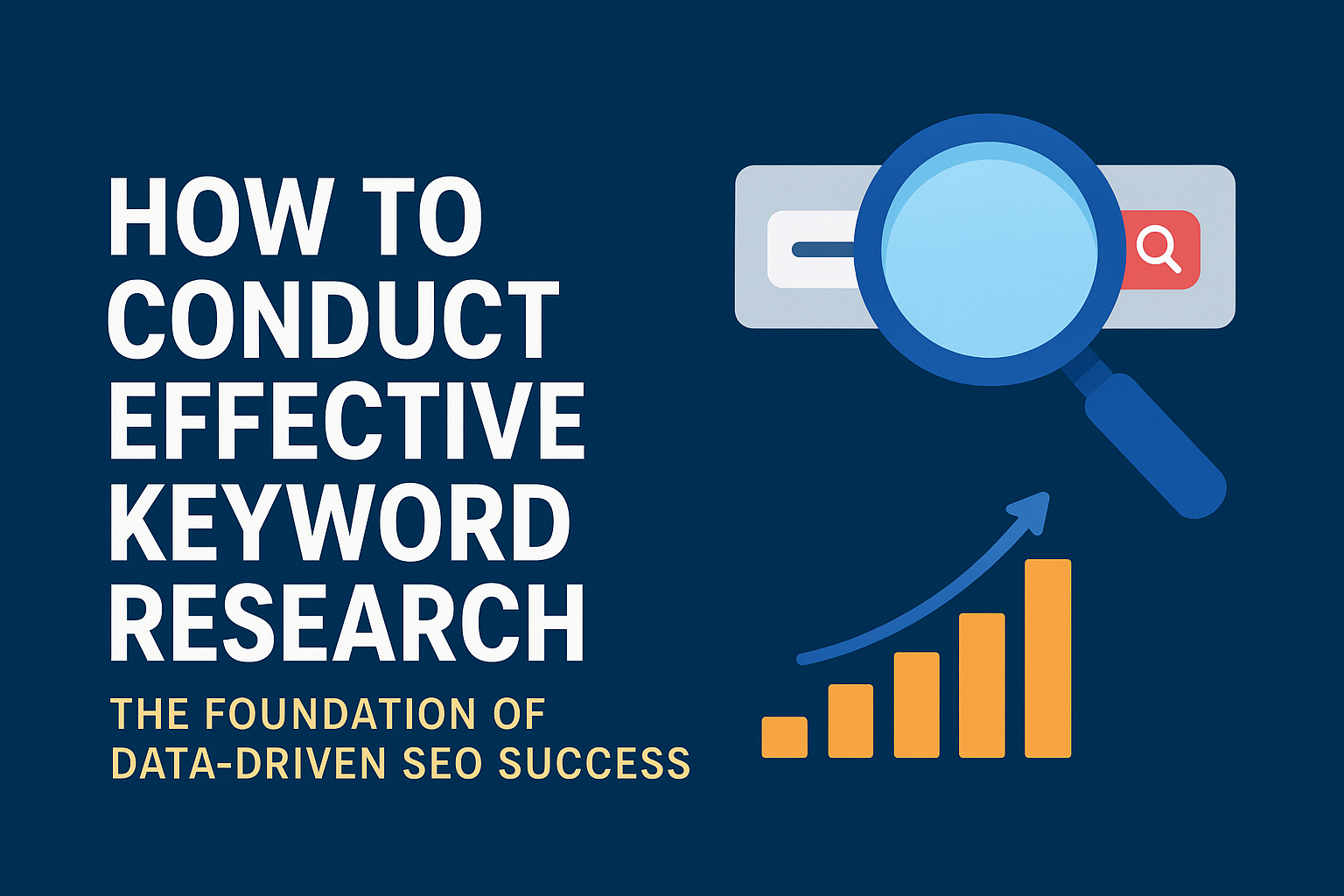Search Engine Optimization (SEO) has evolved far beyond stuffing keywords or building random backlinks. In today’s competitive digital landscape, AI (Artificial Intelligence) has become the secret weapon of top-performing websites. But how exactly do you use AI for SEO? Whether you’re a complete beginner or looking to sharpen your advanced tactics, this guide has you covered.
What Is AI for SEO?
AI for SEO refers to the application of artificial intelligence technologies to enhance and automate search engine optimization tasks. It includes machine learning, NLP (natural language processing), and predictive analytics, helping businesses make data-driven SEO decisions faster and smarter.
Why AI Is Changing SEO Forever
Let’s face it — SEO is time-consuming. From keyword research to content creation, optimization, link building, and performance tracking, the workload is immense. AI doesn’t just automate tasks; it adds intelligence to them.
Here’s what makes AI a game-changer:
- Processes massive data faster than humans
- Identifies hidden ranking patterns
- Predicts SEO trends
- Suggests content improvements in real-time
- Personalizes SEO for different audiences
How AI Improves SEO – Breakdown by Categories
1. Keyword Research
AI tools like Semrush, SurferSEO, and ChatGPT can analyze billions of keywords, group them into clusters, and identify ranking difficulty within seconds. Unlike manual methods, they learn user intent and search context, making keyword targeting ultra-precise.
Pro Tip: Use AI-based keyword grouping to create topic clusters that match Google’s E-E-A-T (Experience, Expertise, Authoritativeness, and Trustworthiness) guidelines.
2. Content Creation and Optimization
AI now helps in generating high-quality, SEO-optimized content at scale. Tools like Jasper AI, Writesonic, and Copy.ai write entire blog posts based on input prompts. But that’s not all.
AI also:
- Suggests better meta descriptions and titles
- Identifies content gaps
- Analyzes competitors’ content structures
- Scores your content for SEO readiness
Caution: Always humanize AI content before publishing. Use it as a first draft, not the final version.
3. On-Page Optimization
AI assists with real-time page analysis. It recommends changes based on the most successful pages ranking for your target terms.
Key improvements AI can guide:
- Internal linking suggestions
- Image optimization
- Header structure
- Readability score adjustments
- Schema markup generation
4. Voice Search & NLP Optimization
Search engines are increasingly understanding voice queries and conversational language. AI helps optimize for:
- Long-tail, conversational keywords
- Natural-sounding FAQ sections
- Featured snippets
- NLP-optimized sentences that match Google’s BERT algorithm
Example: “What’s the best AI tool for SEO beginners?” becomes a voice-optimized keyword instead of “AI SEO tool.”
5. Technical SEO & Site Performance
AI tools crawl your site and offer technical fixes in seconds.
Common tasks include:
- Identifying broken links
- Suggesting sitemap enhancements
- Speed improvements (Core Web Vitals)
- Detecting duplicate content
- Mobile usability checks
Use tools like Screaming Frog SEO Spider with AI plugins or Google Search Console Insights.
6. User Behavior & Personalization
AI tracks how users interact with your site — what they click, how long they stay, where they drop off.
This behavioral data helps personalize experiences, such as:
- Showing dynamic content based on user interest
- Recommending related articles
- AI-powered chatbots guiding users
- Personalizing email follow-ups with behavior-based triggers
7. Backlink Analysis and Outreach
Backlink building isn’t just about quantity anymore. AI tools like Respona and Pitchbox can:
- Identify high-quality link opportunities
- Suggest outreach templates
- Score domain authority automatically
- Track email responses and follow-ups
8. Predictive SEO & Future Trends
AI doesn’t only look backward — it predicts the future.
You can use predictive models to:
- Anticipate keyword trends
- Forecast ranking changes
- Plan content calendars
- Adjust strategy before rankings drop
From Beginner to Advanced – How to Get Started with AI SEO
Beginner Steps:
- Start with free tools: ChatGPT, Google Search Console, and Ubersuggest
- Use AI for blog outline generation
- Try AI meta tag and title optimization
- Learn from AI content audits
Intermediate Steps:
- Switch to premium tools like SurferSEO, Jasper, and Semrush
- Implement content scoring systems
- Use AI for keyword clustering and SERP analysis
- Automate reporting with Looker Studio + AI
Advanced Steps:
- Integrate AI with your CMS for real-time suggestions
- Develop custom GPTs trained on your industry
- Use AI-generated schema and structured data
- Build predictive dashboards for performance
Common Myths About AI in SEO
- “AI will replace SEOs” – False. AI is a tool, not a replacement.
- “AI content always ranks” – False. Google still values experience and human touch.
- “AI SEO is too expensive” – Tools are scalable. Many affordable options exist.
Real Use Cases of AI in SEO
- A travel blog boosted organic traffic by 350% using SurferSEO and AI clustering
- An eCommerce store automated 1000+ meta descriptions using Jasper
- An agency used AI to generate weekly content plans and cut workload by 70%
Conclusion – Should You Start Using AI for SEO?
Absolutely. AI is no longer a luxury—it’s a necessity. Whether you’re a solopreneur or a large digital marketing agency like Warsi Entrepreneurs, leveraging AI will save time, increase efficiency, and most importantly, boost your search rankings.
But always remember: The best results come when AI + Human Intelligence work together.
Ready to scale your SEO with AI? At Warsi Entrepreneurs, we help businesses integrate AI-powered SEO solutions that deliver real ROI. Contact us today to start your SEO transformation.


